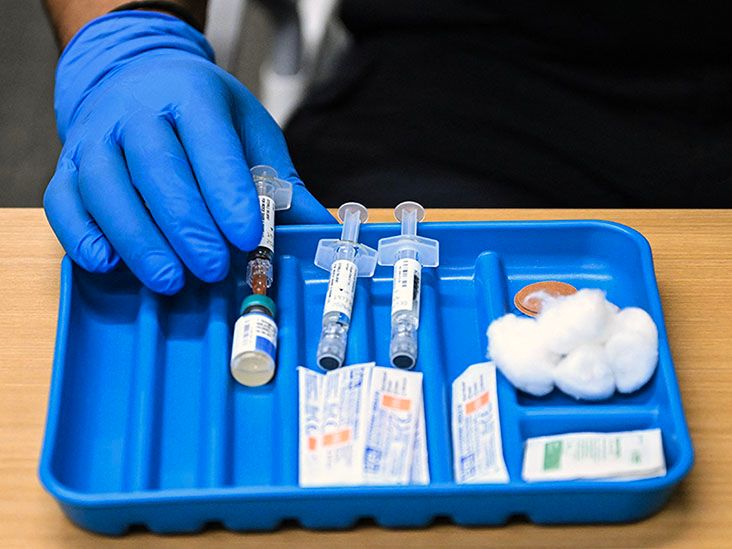It’s not known whether Imvexxy (estradiol) is safe to use while pregnant or breastfeeding. Doctors prescribe Imvexxy to adult females to treat painful sex due to menopause. Experts haven’t approved its use in females who can get pregnant.
Note: In this article, we use the terms “females” and “males” to refer to someone’s sex assigned at birth. For information, see this article about the difference between sex and gender.
Boxed warnings
This drug has boxed warnings about the following risks. A boxed warning is the most serious warning from the Food and Drug Administration (FDA). It alerts doctors and patients about drug effects that may be dangerous.
Endometrial cancer. Using estrogen-alone therapies, such as Imvexxy, may increase the risk of endometrial cancer. This is a cancer that affects the lining of your uterus. (“Estrogen-alone” refers to a type of hormone replacement therapy, in which estrogen is taken alone, without progesterone. Estrogen and progesterone are the two main female sex hormones.)
Cardiovascular (heart and blood vessel) problems. Using estrogen-alone therapy, such as Imvexxy, may increase the risk of cardiovascular problems, such as stroke and deep vein thrombosis (DVT). (A DVT is a type of blood clot.) Estrogen treatment, with or without progesterone, should not be used to prevent cardiovascular problems. Additionally, using estrogen with progesterone may increase your risk for stroke, DVT, heart attack, or pulmonary embolism (PE). (A PE is a type of blood clot in your lungs.)
Breast cancer. Using estrogen therapy, such as Imvexxy, with progesterone may increase the risk of breast cancer.
Dementia. Using estrogen-alone therapy, such as Imvexxy, can increase the risk of dementia (memory loss) in females ages 65 years and older who’ve gone through menopause. Estrogen treatment, with or without progesterone, should not be used to prevent dementia.
For more information about these warnings, talk with your doctor or pharmacist.
Note: In this article, we use the terms “females” and “males” to refer to someone’s sex assigned at birth. For information, see this article about the difference between sex and gender.
Show MoreIt’s not known whether Imvexxy is safe to use during pregnancy.
But Imvexxy isn’t approved for use in females who can become pregnant. It’s approved for use in females who have gone through menopause.
If you’re pregnant and have pain during sex, Imvexxy isn’t for you. Instead, talk with your doctor about other possible causes of the pain and what might help.
Do not use Imvexxy if you’re breastfeeding or have plans to breastfeed. Researchers haven’t tested the effects of Imvexxy in clinical studies involving breastfeeding females or breastfed children.
They have tested other drugs that contain estrogen. Estrogen therapy may reduce breast milk production in breastfeeding females.
But health professionals haven’t approved Imvexxy use in females who can breastfeed a child. It’s only approved for use in females who have gone through menopause.
If you have any questions about treatment options while breastfeeding, talk with your doctor.
It’s not known whether Imvexxy is safe to use during pregnancy. But Imvexxy isn’t meant for use in females who can get pregnant.
Instead, it’s approved for use in females who have gone through menopause. Birth control is no longer needed to prevent pregnancy in females after they reach menopause.
If you have questions about birth control, talk with your doctor.
Disclaimer: Medical News Today has made every effort to make certain that all information is factually correct, comprehensive, and up to date. However, this article should not be used as a substitute for the knowledge and expertise of a licensed healthcare professional. You should always consult your doctor or another healthcare professional before taking any medication. The drug information contained herein is subject to change and is not intended to cover all possible uses, directions, precautions, warnings, drug interactions, allergic reactions, or adverse effects. The absence of warnings or other information for a given drug does not indicate that the drug or drug combination is safe, effective, or appropriate for all patients or all specific uses.


